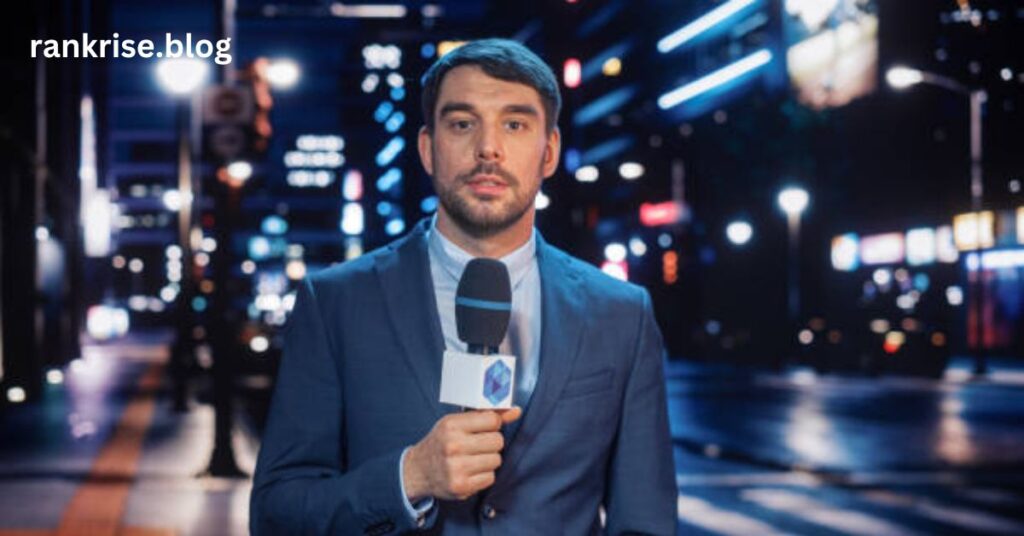The internet is full of rumors, and one such rumor that recently gained much attention was the news of far-right commentator Nick Fuentes burning down his own house. The “Nick Fuentes house fire” rumor quickly spread on social media, and most people thought that something real had happened. But the reality surrounding this rumor is far from the impression most people had at first.
How the Rumor Started
The rumor surrounding the “Nick Fuentes house fire” was based on a sarcastic comment he made during a live stream. Fuentes, who is infamous for his inflammatory and provocative remarks, made light of the suggestion, but some people took it literally. Clips from the live stream were then taken out of context, spreading the rumor that he had actually set fire to his house. With social media’s instant sharing nature, the “Nick Fuentes house fire” conspiracy theory ran wild, with most users copycatting the story without fact-checking.
No House Fire Evidence
Even though this rumor was so widely shared, there is no evidence that Fuentes’ house was ever actually on fire. There has been no police report, news story, or first-hand testimony attesting to such an incident. In reality, his home is untouched, so this is another instance of how misinformation circulates online. Although several sources have contradicted the claim, some still fall for the “Nick Fuentes house fire” hoax because of the initial viral status of the article.
Controversies Leading to the Confusion
Nick Fuentes has been at the center of many controversies, which could have fueled the enthusiasm of some individuals to believe the “Nick Fuentes house fire” hoax. In November 2024, he was under fire after he made a controversial post regarding abortion rights protesters on X (formerly Twitter). This resulted in his home address being leaked online, and protesters were present outside his home. During the tension, Fuentes reportedly pepper-sprayed a protester, and he was subsequently arrested on charges of battery. The continued legal issues and bad publicity probably made the “Nick Fuentes house fire” accusation more plausible to his detractors.
A More Serious Incident Near His Home
Although the “Nick Fuentes house fire” rumor proved to be untrue, Fuentes’ residence became the site of another disturbing incident. In December 2024, a suspected triple murderer was spotted near Fuentes’ house. This man was subsequently shot and killed by the police. Fuentes said that the attacker had come to hurt him, adding to the sense of chaos that had surrounded his house. This real-life incident was grave and fueled internet speculation, but it was unrelated to the “Nick Fuentes house fire.”
The Effects of the Nick Fuentes House Fire Rumor
The propagation of the “Nick Fuentes house fire” rumor has made visible the perils of misinformation and how it can impact individuals. Although Fuentes is a controversial personality, the lie that his house had been burnt down caused undue alarm and gossip. Whenever such false information spreads, it not only misinforms individuals but also diverts attention away from actual matters. This event reminds everyone how easily false stories can escalate and why one should confirm information prior to believing or passing it on.
Furthermore, such false rumors can affect the mental health of the targeted individual. The strain of having to constantly refute misinformation can be wearing on public figures, even those who are used to controversy. The “Nick Fuentes house fire” rumor illustrates how easily online stories can snowball, not only harming reputations but also personal safety.
How Misinformation Spreads Online
The “Nick Fuentes house fire” narrative is an excellent illustration of how misinformation easily spreads. A joke or false clip easily spreads to become a trending issue with people believing without verifying. With the current accelerated digital environment, it’s paramount to authenticate facts before one can believe and disseminate them. Sadly, by the time rumors gain traction, it becomes nearly impossible to completely remove from people’s minds despite being discredited.
Social media sites are responsible for the quick dissemination of misinformation. Algorithms favor sensational information, so false stories are more likely to become viral. People tend to read sensational news without checking its validity, which further accelerates the dissemination of misinformation. The “Nick Fuentes house fire” event is a reminder of why media literacy is more crucial than ever.
Conclusion: Fact vs. Fiction
The assertion that “Nick Fuentes house fire” occurred is entirely untrue. The rumor was initiated by a joke that was misinterpreted and then spread by social media users who were desperate to hear bad news about a controversial personality. Even though various sources verified that no such incident occurred, the assertion lasted for a while. This incident reminds us of how essential fact-checking and prudent information dissemination are in the modern era.
Frequently Asked Questions (FAQs)
1. Did Nick Fuentes really set his house on fire?
No, there is no evidence to support this claim. The “Nick Fuentes house fire” rumor originated from a sarcastic comment he made during a live stream.
2. Why did people accept the rumor of the house fire?
People were eager to believe it because of the controversies surrounding Fuentes and his past legal issues. The “Nick Fuentes house fire” narrative also circulated very fast on social media, and it seemed more believable.
3. Was there some actual event concerning Nick Fuentes’ residence?Yes, in December 2024, a suspect who was armed was shot dead by police close to Fuentes’ home. This, however, had nothing to do with any “Nick Fuentes house fire.”
4. How do we stop spreading misinformation?Always check facts from authentic sources before you disseminate information. Be wary of taking social media statements at face value, particularly when they originate from unverified sources.
This article ought to dispel the misinformation that has been surrounding “Nick Fuentes house fire.” Learning how this rumor went around can make us all more informed consumers of information.



